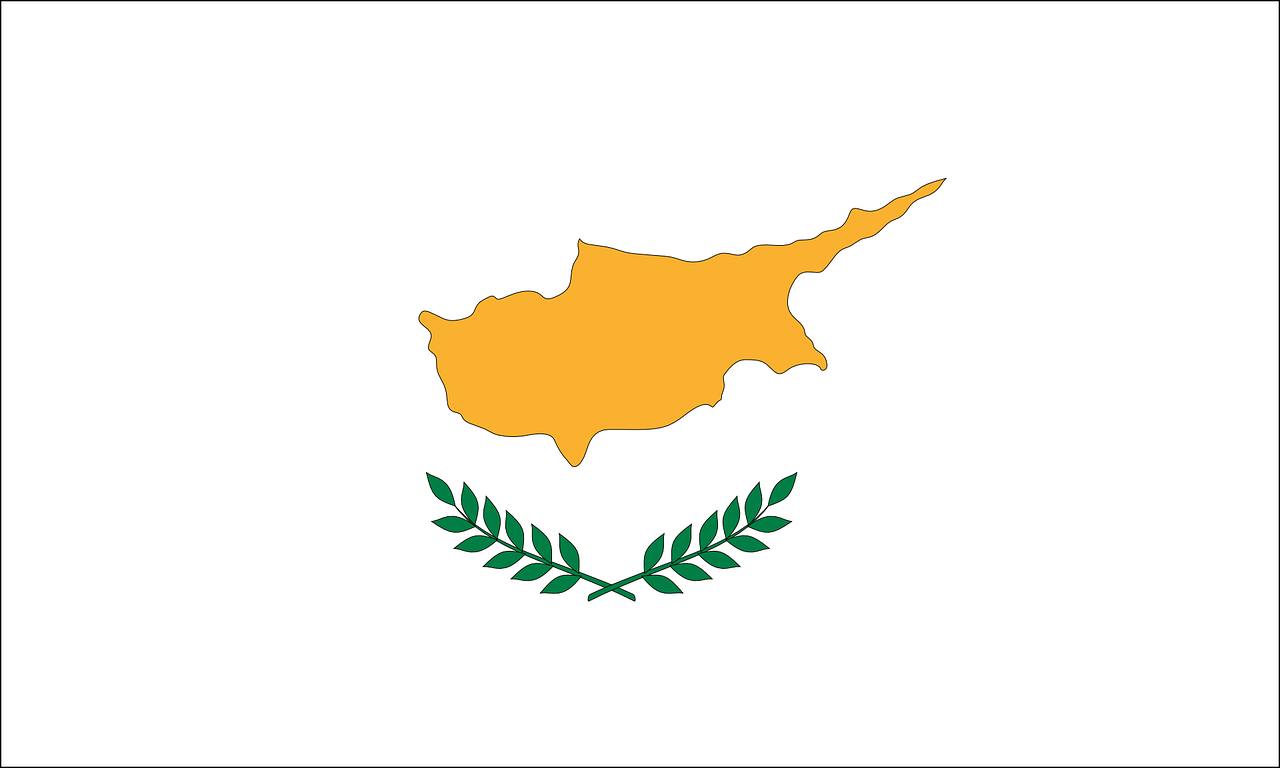The Republic of Cyprus is a multilingual state where language policy reflects the island’s complex history and cultural diversity. The country’s main official languages are Greek and Turkish, which correspond to the ethnic division of the population into Greek Cypriots and Turkish Cypriots.
Contents
Official Languages
Greek and Turkish are the two official languages of Cyprus, used in official documents, government communication, and the education system. Greek is the primary language for Greek Cypriots, who make up the majority of the population, while Turkish is used by Turkish Cypriots. However, in practice, Greek dominates most of the island, particularly in the Republic of Cyprus controlled by the Greek side, whereas Turkish is primarily used in the self-declared Turkish Republic of Northern Cyprus, which is only recognized by Turkey.
Spoken Dialects
Cyprus also has its own local dialect—Cypriot Greek, which is widely used in everyday speech by Greek Cypriots. This dialect differs from standard Modern Greek in terms of vocabulary, phonetics, and grammar. Turkish Cypriots also have their own dialect, Cypriot Turkish, which differs from standard Turkish.
Minorities and Their Languages
Among the recognized minorities in Cyprus are the Armenian and Maronite communities. The Armenian language in Cyprus is represented by the Western Armenian dialect, spoken by about 3,000 people. This language is taught in schools and supported by cultural organizations. Cypriot Maronite Arabic, the language of the Maronites, is endangered and is primarily used by older individuals in small communities. Although this language is recognized by the state, its use is limited, and efforts are being made to preserve it through educational programs.
Foreign and Immigrant Languages
The English language holds a special place in Cyprus, remaining an important means of communication due to the historical British influence. Most Cypriots are proficient in English, and it is widely used in business, tourism, and education.
Immigration to Cyprus has introduced a diversity of languages to the island. Russian occupies a notable position among foreign languages due to the significant number of Russian-speaking immigrants and tourists. It is used in daily life, especially in major cities like Limassol, where numerous Russian companies, schools, and cultural centers are located. Russian is also commonly seen in public signs, advertisements, and restaurant menus aimed at Russian-speaking customers.
In addition to Russian, languages such as Romanian, Bulgarian, Ukrainian, and others are spoken in Cyprus, reflecting the presence of these ethnic groups on the island. These languages are typically used within their respective communities and rarely extend beyond them, although their influence can be observed in certain areas where these nationalities reside.
Language Policy and Education
The education system in Cyprus also reflects the island’s linguistic diversity. Public schools teach in Greek and Turkish, depending on the region, with English being a mandatory subject from an early age. Some private schools offer instruction in other foreign languages, such as French and German, allowing students to acquire multilingual skills.
Regarding minority languages, Armenian and Cypriot Arabic receive state support. Armenian is taught in schools specifically established for the Armenian community, while Cypriot Arabic receives limited support and is only taught at the primary school level. Recently, there have been efforts to expand educational programs in these languages, but challenges remain, particularly in terms of training qualified teachers and developing teaching materials.
The linguistic situation in Cyprus is the result of a long and complex history that incorporates the influence of various civilizations and peoples. The official languages, Greek and Turkish, play a key role in shaping national identity, while foreign and immigrant languages contribute to the cultural diversity of the island. Supporting minority languages is an important task for the state, which strives to preserve the rich cultural heritage of all communities living in Cyprus. Thus, the language policy and practice in Cyprus reflect a complex balance between tradition, modernity, and multilingualism.
















